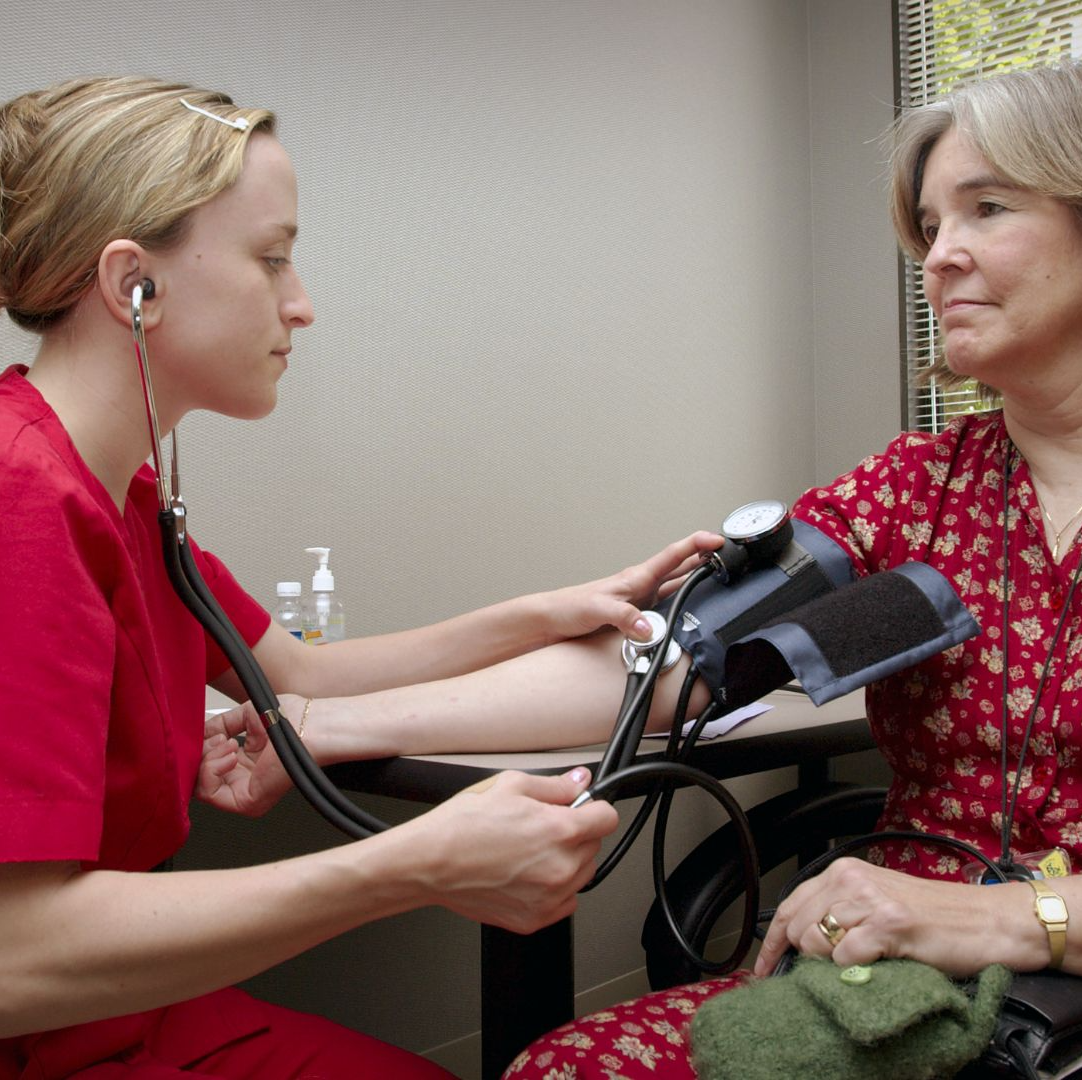Key Takeaways
- Medicare offers comprehensive coverage for diabetes prevention, including screenings and additional benefits aimed at early detection and effective management.
- Regular diabetes screenings and preventive measures can significantly improve health outcomes and quality of life for Medicare beneficiaries.
Diabetes Prevention and Medicare: Learn About Available Screenings and Benefits
Diabetes is a chronic condition that affects millions of Americans, and its prevalence continues to rise. Early detection and preventive measures are crucial in managing this disease effectively. Medicare provides comprehensive coverage for diabetes prevention, including various screenings and additional benefits. This article explores the available screenings and benefits offered by Medicare for diabetes prevention, covering eligibility criteria, types of screenings, benefits of regular screenings, and how to access these services.
Introduction to Diabetes and Its Prevention
Diabetes is a condition characterized by high blood sugar levels, which can lead to serious health complications if not managed properly. There are two main types of diabetes: Type 1 and Type 2. Type 2 diabetes, which accounts for the majority of diabetes cases, is often preventable through lifestyle changes and early intervention.
Preventive measures, such as maintaining a healthy diet, regular physical activity, and routine health screenings, play a vital role in preventing and managing diabetes. Medicare offers a range of preventive services to help beneficiaries detect and manage diabetes early, ultimately improving health outcomes and quality of life.
Overview of Medicare’s Coverage for Diabetes Screenings
Medicare Part B covers several preventive services aimed at diabetes prevention, including screenings, educational programs, and medical nutrition therapy. These services are designed to help beneficiaries detect diabetes early, understand their risk factors, and manage the condition effectively.
Medicare covers diabetes screenings for beneficiaries who are at risk for the disease. The screenings are fully covered, meaning there are no out-of-pocket costs for the beneficiary if the healthcare provider accepts Medicare assignment. Additionally, Medicare provides coverage for diabetes self-management training and medical nutrition therapy, which are essential for managing the condition and preventing complications.
Eligibility Criteria for Medicare Diabetes Screenings
To be eligible for Medicare-covered diabetes screenings, beneficiaries must meet certain risk criteria. These criteria are designed to identify individuals who are at higher risk of developing diabetes and can benefit from early detection and intervention.
Beneficiaries are eligible for diabetes screenings if they have any of the following risk factors:
- High blood pressure
- History of abnormal cholesterol and triglyceride levels
- Obesity (Body Mass Index of 30 or higher)
- History of high blood sugar (pre-diabetes)
- Family history of diabetes
- Age 65 or older
- Sedentary lifestyle
- History of gestational diabetes (diabetes during pregnancy)
Types of Diabetes Screenings Covered by Medicare
Medicare covers several types of diabetes screenings to help detect the condition early and manage it effectively. The primary screenings covered by Medicare include:
-
Fasting Plasma Glucose (FPG) Test: This test measures blood glucose levels after an overnight fast. It is one of the most common tests used to diagnose diabetes and pre-diabetes.
-
Oral Glucose Tolerance Test (OGTT): This test measures blood glucose levels before and after drinking a glucose-containing liquid. It is used to diagnose diabetes, particularly gestational diabetes.
-
Hemoglobin A1c Test: This test measures the average blood glucose levels over the past two to three months. It is used to diagnose diabetes and assess how well the condition is being managed.
-
Random Plasma Glucose Test: This test measures blood glucose levels at any time, regardless of when the person last ate. It is used to diagnose diabetes when symptoms are present.
Medicare covers these screenings based on the beneficiary’s risk factors and medical history, allowing for early detection and intervention.
Benefits of Regular Diabetes Screenings
Regular diabetes screenings offer numerous benefits, including:
-
Early Detection: Early detection of diabetes or pre-diabetes allows for timely intervention, which can prevent the progression of the disease and reduce the risk of complications.
-
Improved Management: Identifying diabetes early helps beneficiaries manage their condition more effectively through lifestyle changes, medication, and regular monitoring.
-
Prevention of Complications: Regular screenings and early intervention can help prevent or delay serious complications associated with diabetes, such as heart disease, kidney failure, and nerve damage.
-
Informed Health Decisions: Understanding one’s risk for diabetes enables beneficiaries to make informed decisions about their health, including adopting healthier lifestyles and seeking appropriate medical care.
-
Cost Savings: Preventive care and early intervention can reduce the need for more expensive treatments and hospitalizations, leading to significant cost savings for both beneficiaries and the healthcare system.
How to Access Medicare Diabetes Screening Services
Accessing Medicare’s diabetes screening services involves a few simple steps:
-
Consult Your Primary Care Physician: Discuss your risk factors for diabetes with your primary care physician. They can recommend the appropriate screenings based on your health status and medical history.
-
Ensure Medicare Assignment: Make sure your healthcare provider accepts Medicare assignment. This means they agree to be paid directly by Medicare and accept the Medicare-approved amount as full payment for covered services.
-
Schedule the Screening: Once you have the necessary recommendations, schedule your screenings. Some screenings, like the Oral Glucose Tolerance Test, may require specific preparation, so follow any instructions provided by your healthcare provider.
-
Prepare for the Screening: Follow any preparation instructions given by your healthcare provider to ensure accurate results. This may include fasting or avoiding certain medications before the test.
-
Attend the Screening: On the day of your screening, bring your Medicare card and any other required documentation. Arrive on time and follow the instructions of the healthcare professionals conducting the screening.
Understanding and Utilizing Screening Results
After completing your diabetes screenings, it’s essential to understand the results and their implications for your health. Your healthcare provider will review the results with you and explain what they mean.
-
Normal Results: If your results are within the normal range, it usually indicates that you do not have diabetes or pre-diabetes. Your provider may recommend routine follow-up screenings based on your age and risk factors.
-
Abnormal Results: If your results are outside the normal range, it indicates that you may have diabetes or pre-diabetes. Your healthcare provider will discuss the next steps, which may include additional tests, lifestyle changes, or treatment options.
Understanding your screening results helps you take appropriate actions to maintain or improve your health.
Additional Medicare Benefits for Diabetes Prevention
In addition to diabetes screenings, Medicare offers several other benefits to help beneficiaries manage and prevent diabetes:
-
Diabetes Self-Management Training (DSMT): Medicare covers diabetes self-management training, which provides beneficiaries with the knowledge and skills to manage their condition effectively. This includes instruction on monitoring blood sugar, taking medications, and making lifestyle changes.
-
Medical Nutrition Therapy (MNT): Medicare covers medical nutrition therapy for beneficiaries with diabetes or renal disease. This includes personalized dietary advice from a registered dietitian to help manage blood sugar levels and improve overall health.
-
Obesity Counseling: For beneficiaries who are obese, Medicare covers intensive behavioral therapy for obesity. This includes counseling and support to help beneficiaries lose weight and reduce their risk of developing diabetes.
-
Annual Wellness Visits: Medicare covers annual wellness visits, which include a personalized prevention plan based on the beneficiary’s health status and risk factors. These visits can help identify and address risk factors for diabetes and other chronic conditions.
Conclusion
Medicare provides comprehensive coverage for diabetes prevention, including various screenings and additional benefits aimed at early detection and effective management. Understanding the types of screenings covered, eligibility criteria, and how to access these services can help beneficiaries take full advantage of Medicare’s preventive services. Regular diabetes screenings and preventive measures can significantly improve health outcomes and quality of life for Medicare beneficiaries. By staying informed and proactive, individuals can better manage their health and prevent the complications associated with diabetes.
Contact Information:
Email: [email protected]
Phone: 4055551234









